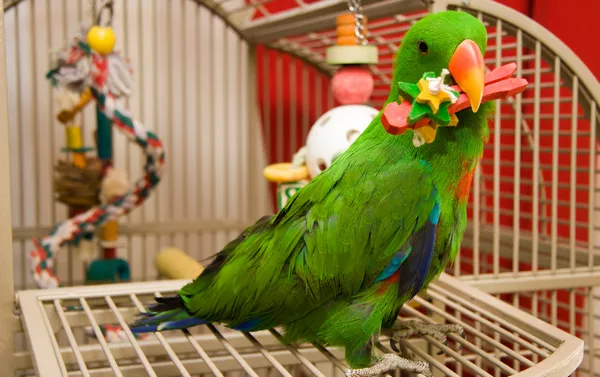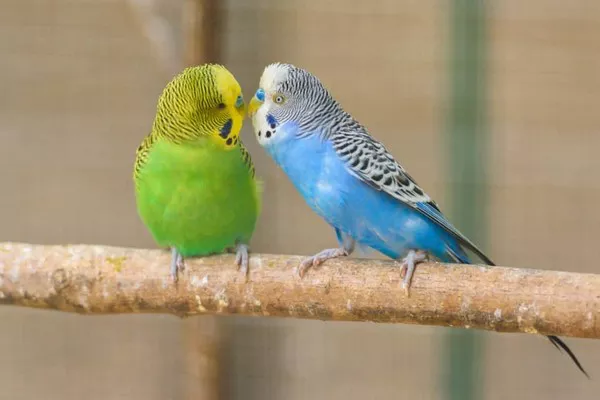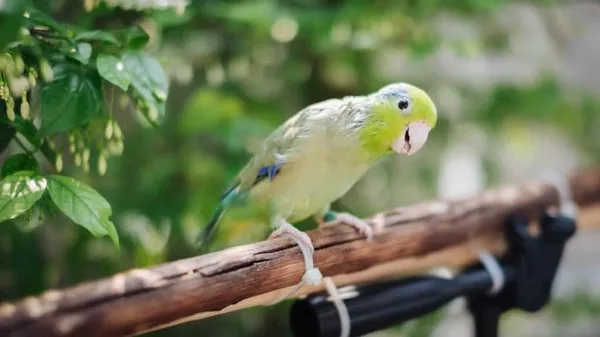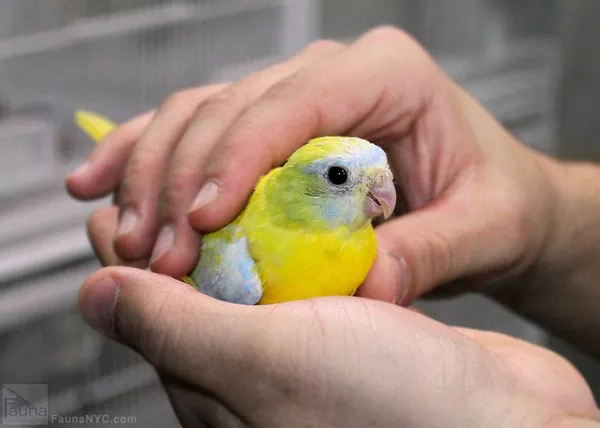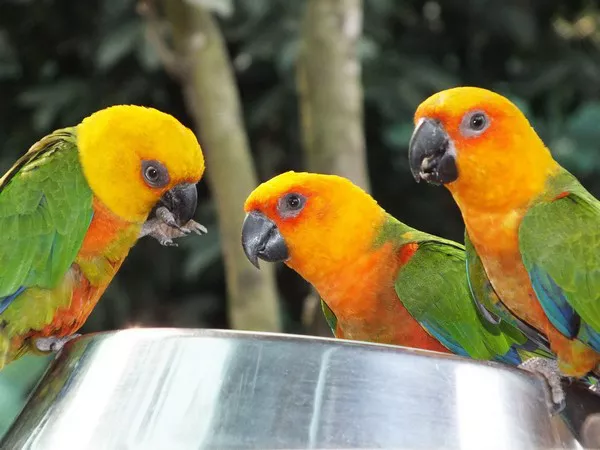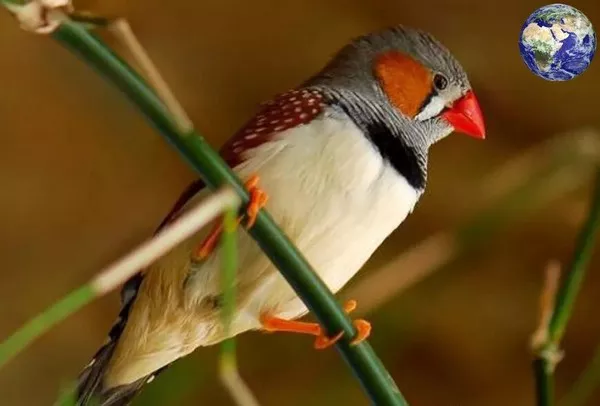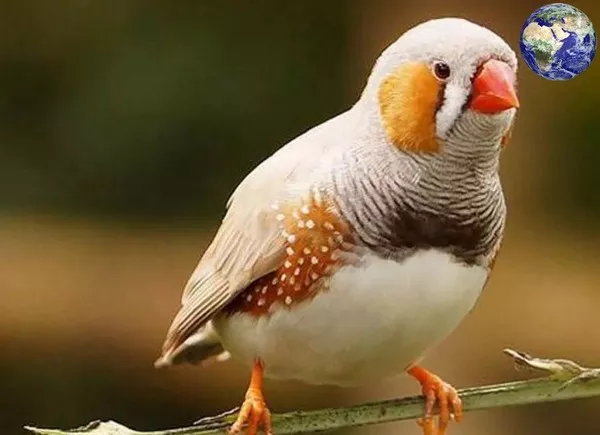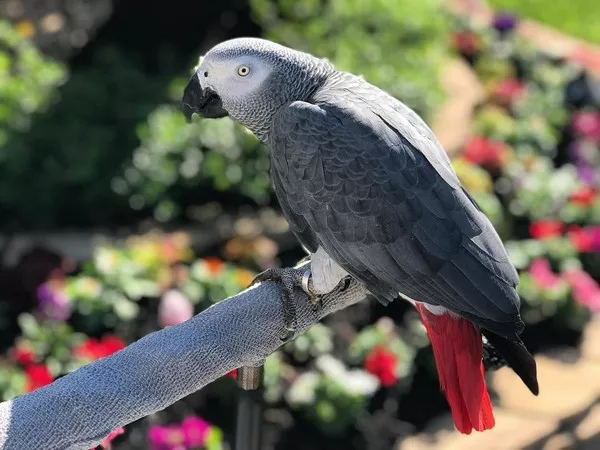African Grey Parrots (Psittacus erithacus) are renowned for their intelligence, striking plumage, and, yes, their vocal abilities. These remarkable birds have captured the hearts of many avian enthusiasts worldwide. While their intelligence and charm are undeniable, one of the most common questions prospective owners ask is, “How noisy are African Grey Parrots?” In this article, we’ll delve into the vocal prowess of these birds, exploring their vocalizations, reasons behind their noise, and tips on managing their noise levels.
Understanding African Grey Parrots’ Vocalizations
African Grey Parrots are famous for their exceptional mimicking skills and extensive vocabulary. Their vocalizations encompass a wide range of sounds, from whistles and clicks to human speech and environmental sounds. Their ability to mimic sounds in their surroundings is astounding, making them one of the most impressive talking parrot species.
Natural Vocalizations: In the wild, African Grey Parrots communicate through various vocalizations. These include contact calls, which help them maintain group cohesion and alert others to potential threats. They also use specific calls during courtship and mating.
Mimicking Skills: African Grey Parrots excel at imitating sounds from their environment, including other birds, animals, household noises, and even musical tunes. This mimicry showcases their high cognitive abilities and adaptability.
Human Speech: These parrots are often hailed as the best talkers among parrot species. They can learn and repeat words, phrases, and even entire sentences with remarkable clarity and accuracy.
Reasons Behind African Grey Parrots’ Noise
Understanding why African Grey Parrots make noise is crucial for potential owners. These birds are not naturally noisy, but several factors can contribute to their vocalizations:
Communication: In the wild, African Grey Parrots vocalize to communicate with their flock members. In captivity, they might use vocalizations to get their owner’s attention, express excitement, or seek companionship.
Boredom and Loneliness: Like all intelligent parrot species, African Grey Parrots require mental stimulation. When they are bored or lonely, they may resort to vocalizations as a way to entertain themselves or seek interaction.
Environmental Stimuli: These birds are incredibly sensitive to their surroundings. Household noises, other pets, or even changes in the environment can trigger their vocalizations.
Attention-Seeking: African Grey Parrots are known for their social nature. They may vocalize to gain attention, especially if they feel neglected or isolated.
Managing African Grey Parrots’ Noise Levels
While African Grey Parrots are not inherently noisy, managing their vocalizations is essential to maintain a peaceful and harmonious household. Here are some tips for managing their noise levels:
Provide Mental Stimulation: Keep your parrot mentally engaged with toys, puzzles, and interactive games. This will help reduce boredom and excessive vocalizations.
Social Interaction: Spend quality time with your parrot daily. They thrive on social interaction and will be less likely to vocalize for attention if they receive enough of it.
Establish a Routine: Create a consistent daily routine for your African Grey Parrot. This can help them feel secure and reduce anxiety-related vocalizations.
Training: Invest time in training your parrot to understand basic commands and behaviors. Positive reinforcement techniques can be highly effective in teaching them when it’s appropriate to vocalize.
Environmental Considerations: Minimize loud and sudden noises in their environment, as this can startle them and trigger vocalizations.
Conclusion
African Grey Parrots are indeed capable of producing noise, but they are not excessively noisy birds by nature. Their vocalizations are a product of their intelligence, social nature, and sensitivity to their environment. With proper care, attention, and mental stimulation, you can enjoy the company of an African Grey Parrot without being overwhelmed by noise. Understanding their needs and providing a suitable environment is key to living harmoniously with these magnificent birds.
Related Topics:

